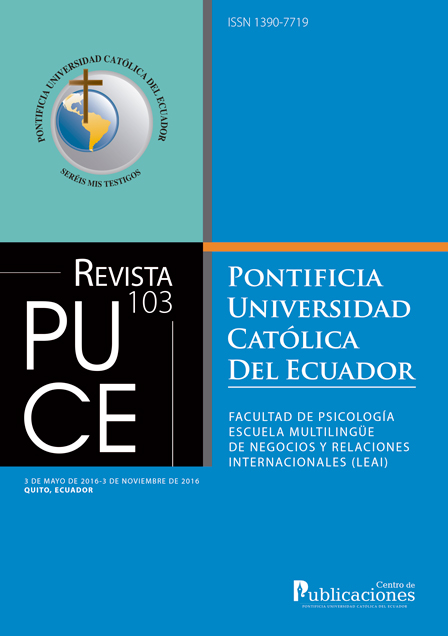Beyond positivism: fuzzy set qualitative comparative analysis and pragmatist research
Resumen
The literature questioning positivist research in the social sciences is increasing. One promising alternative, which has been gaining momentum, is pragmatism. This discussion, however, has been carried out mainly at the level of the philosophy of (social) science. Consequently, this paper seeks to contribute to the discussion on methods and puts forward Fuzzy Set Qualitative Comparative Analysis (fsQCA) as a research method useful for pragmatist inquiry. Beyond the quantitative-qualitative divide, fsQCA is a set theoretical method that: i) can capture concept differences both in terms of kind (qualitative) and degree (quantitative); and, ii) focuses on multiple conjunctural causation. That is, it considers cases leading to an outcome as consisting of conditions (conjunctural causation). Moreover, different combinations of these conditions can lead to the same outcome (equifinality). Finally, the presence or absence of an outcome is explained by different reasons, not just the presence or absence of a condition (asymmetrical causality). As such, it moves beyond positivism and can be a fruitful tool for pragmatist research.
Los derechos de autor son propiedad inalienable de los autores, quienes son los propietarios irrestrictos de sus derechos de propiedad intelectual. El contenido de los artículos científicos y de las publicaciones que aparecen en la revista es responsabilidad exclusiva de sus autores. La distribución de los artículos publicados en la Revista de la Pontificia Universidad Católica del Ecuador PUCE se realiza bajo una licencia Creative Commons Reconocimiento-CompartirIgual 4.0 Internacional License.


